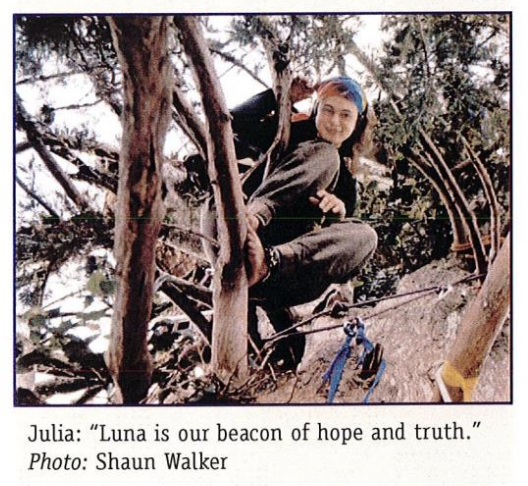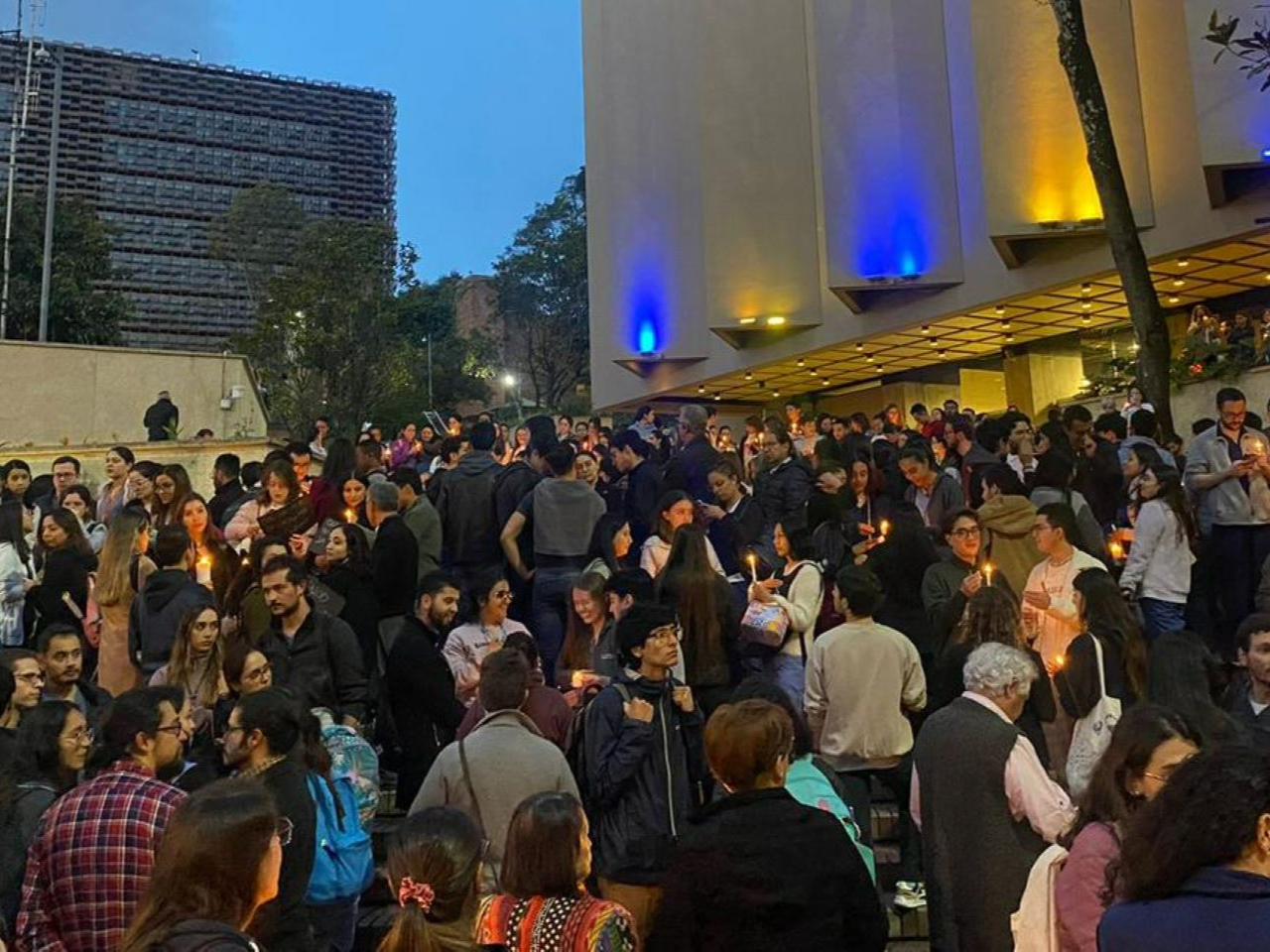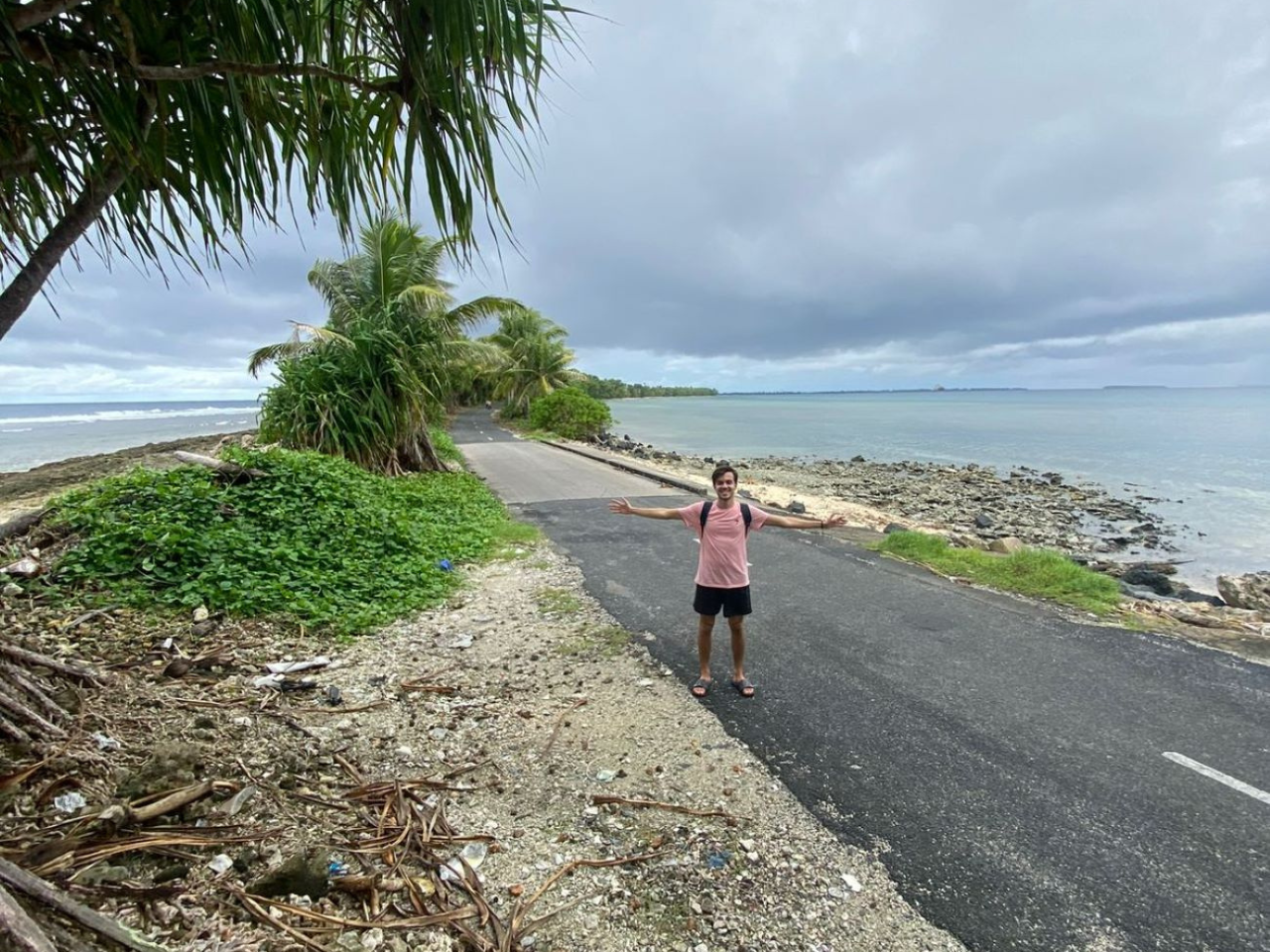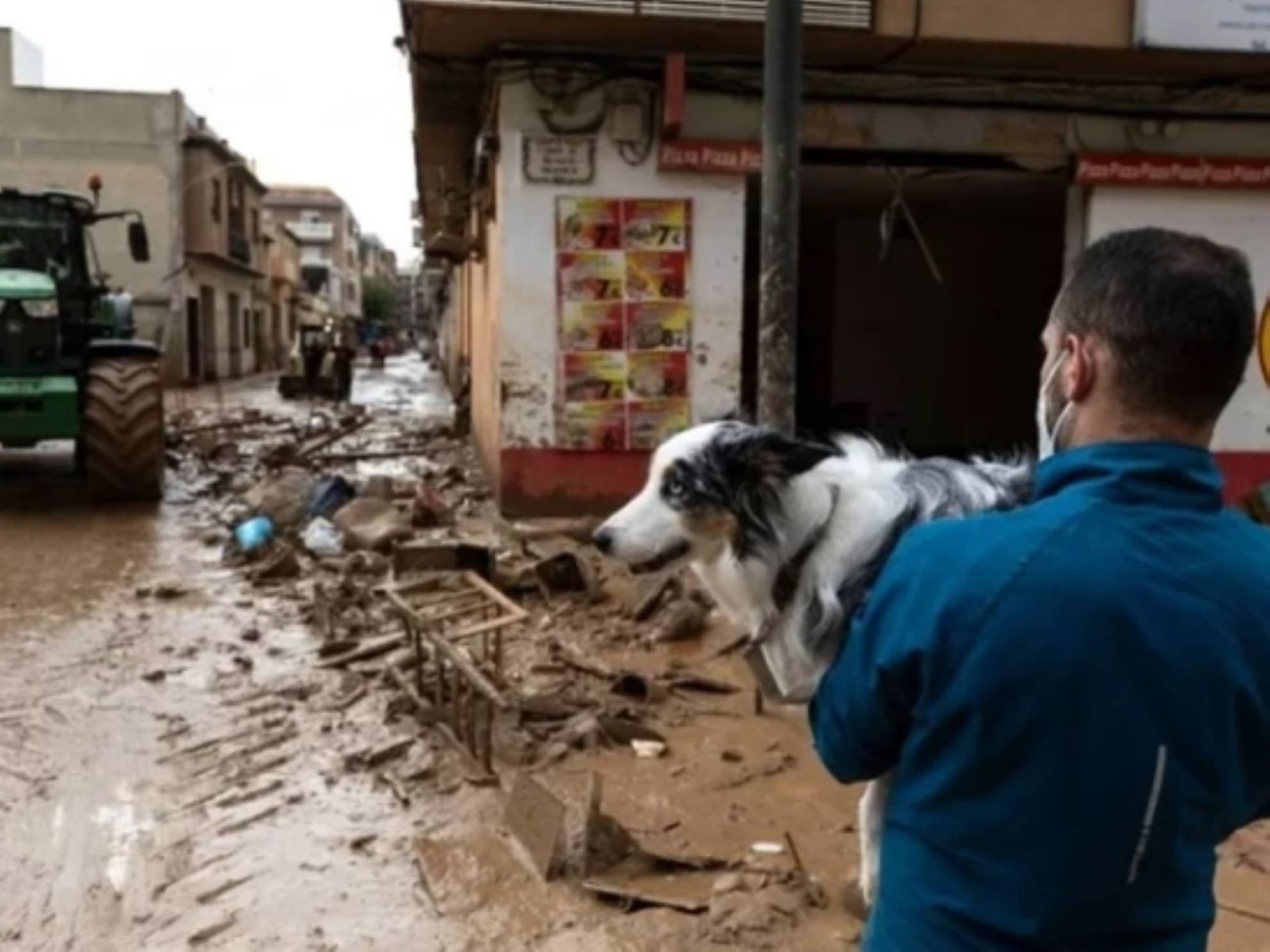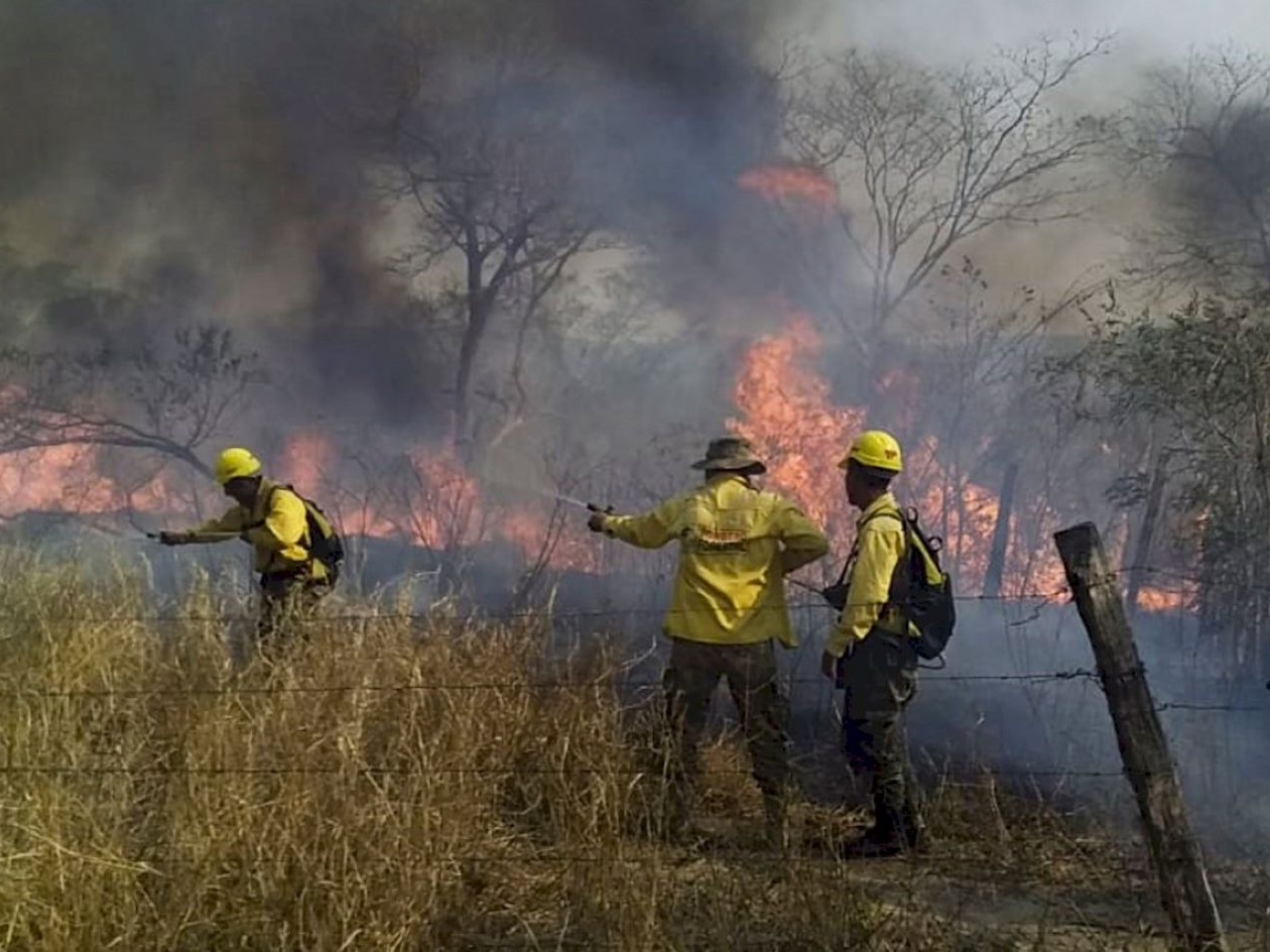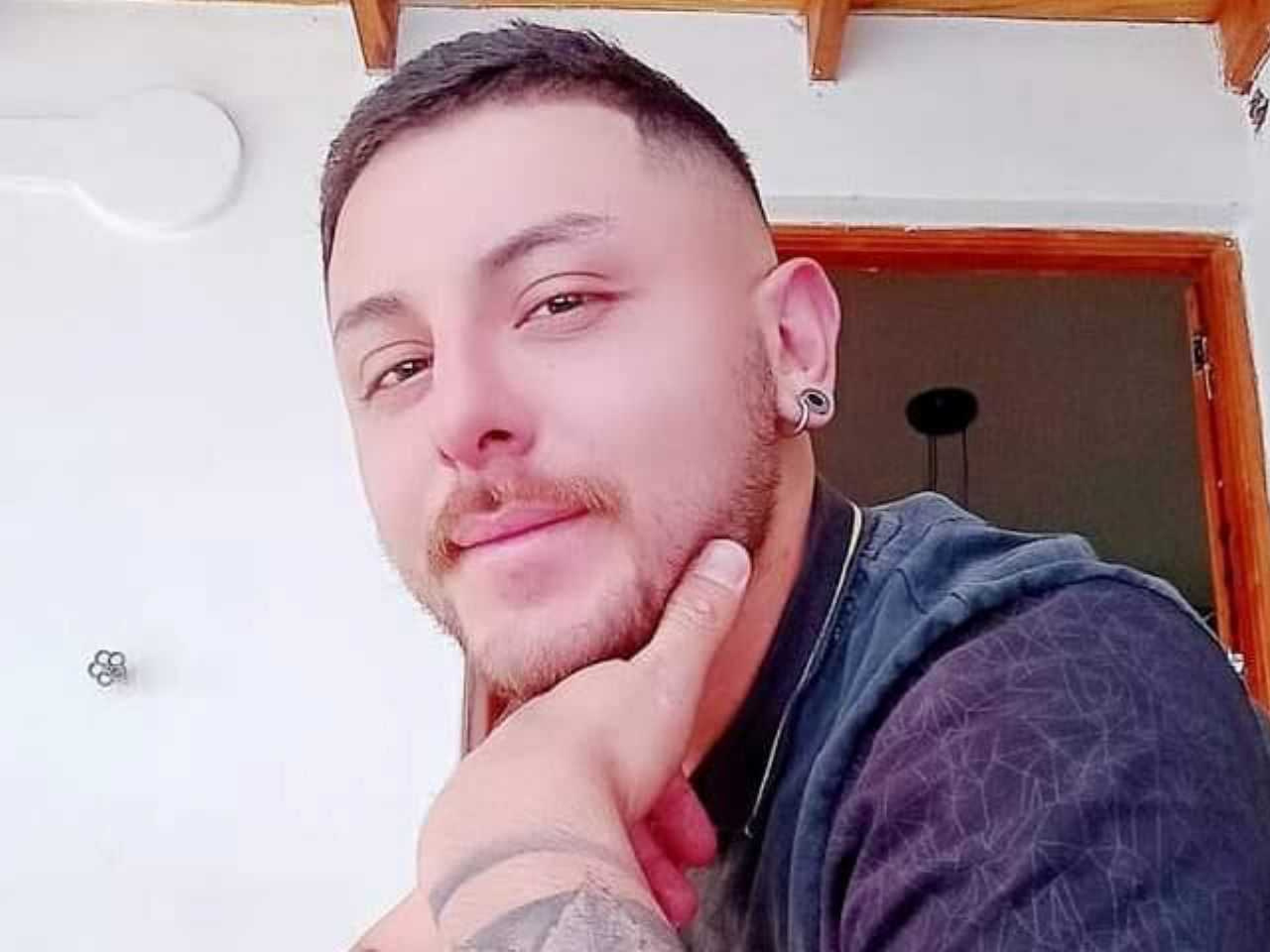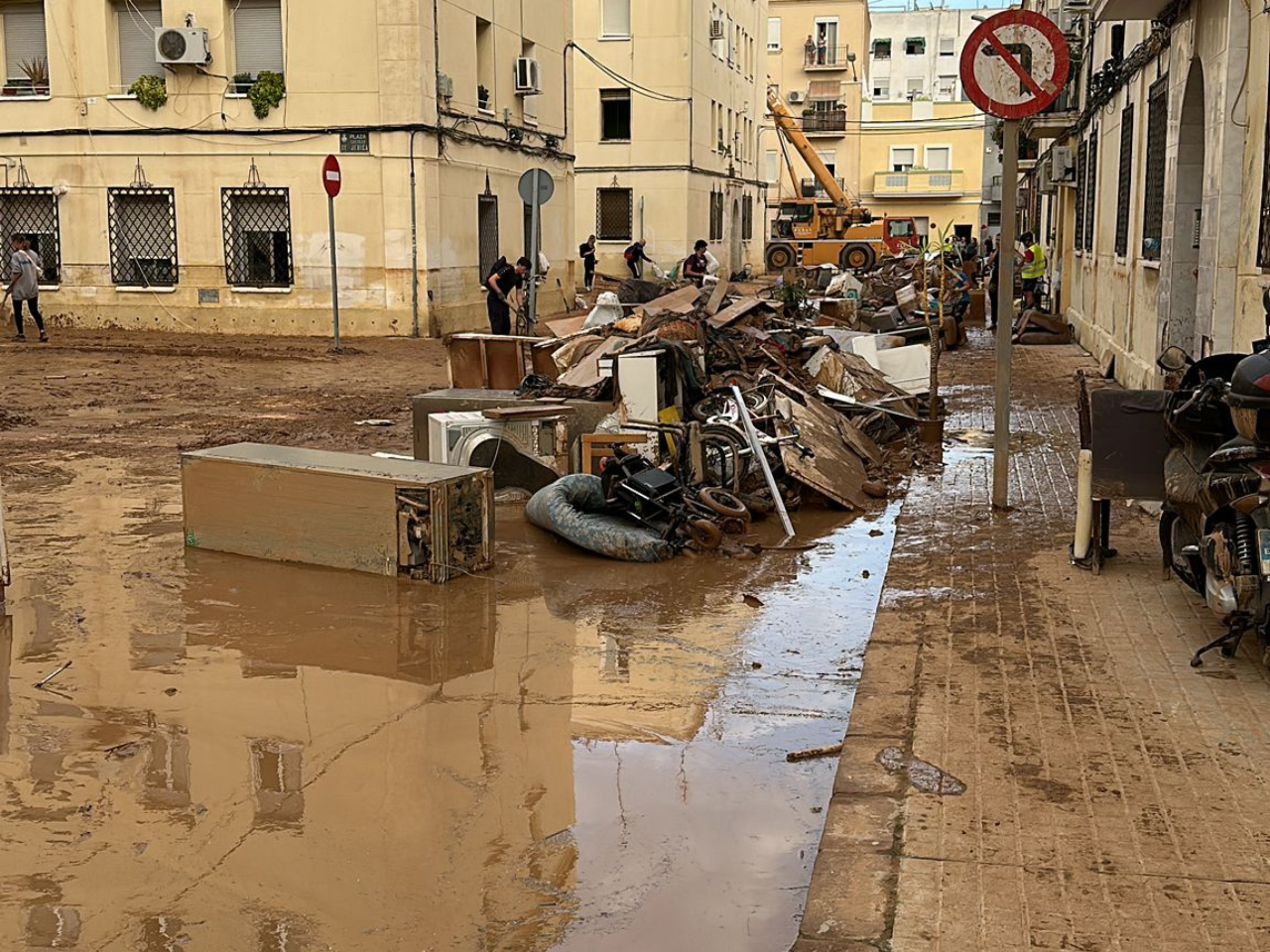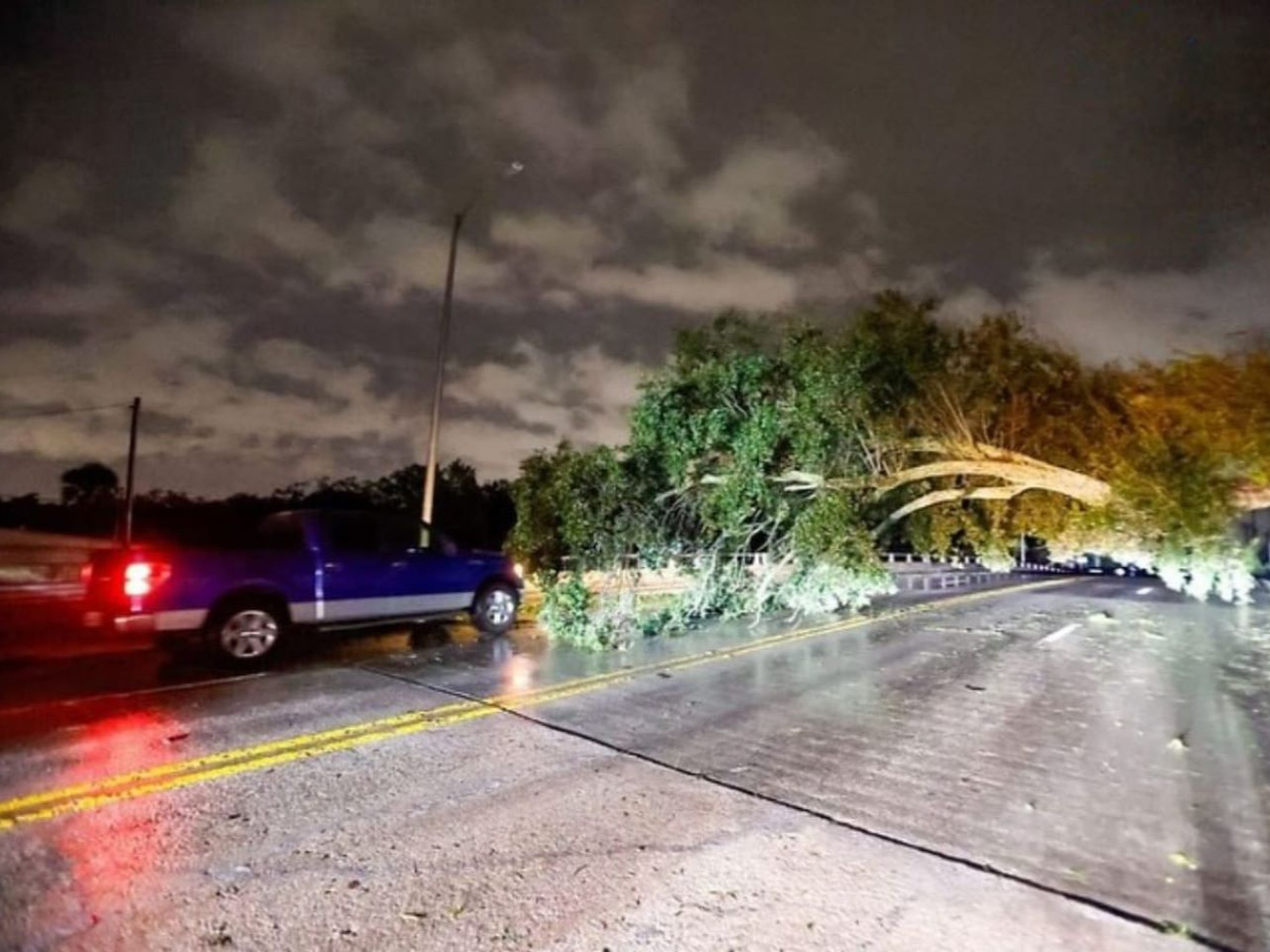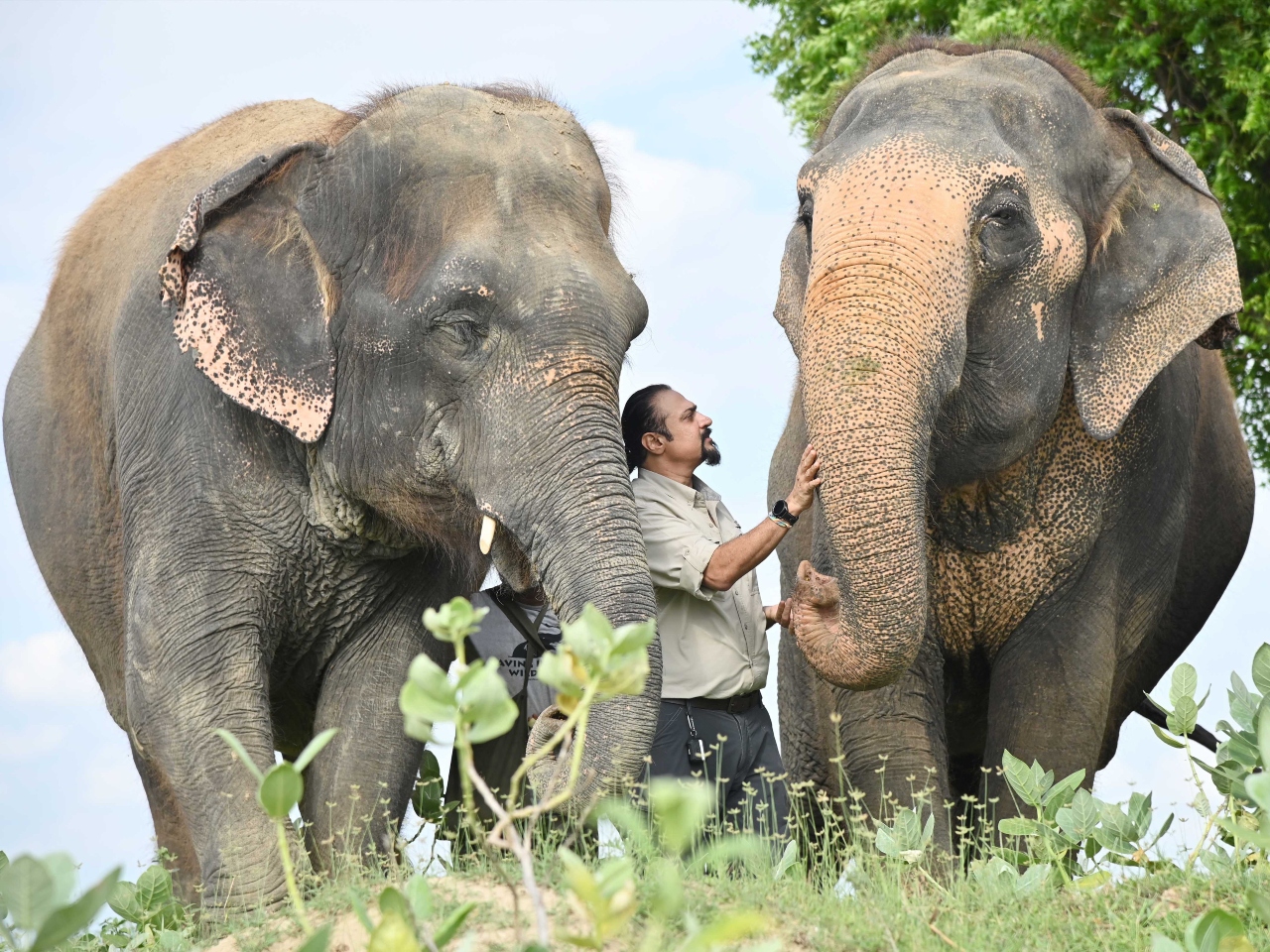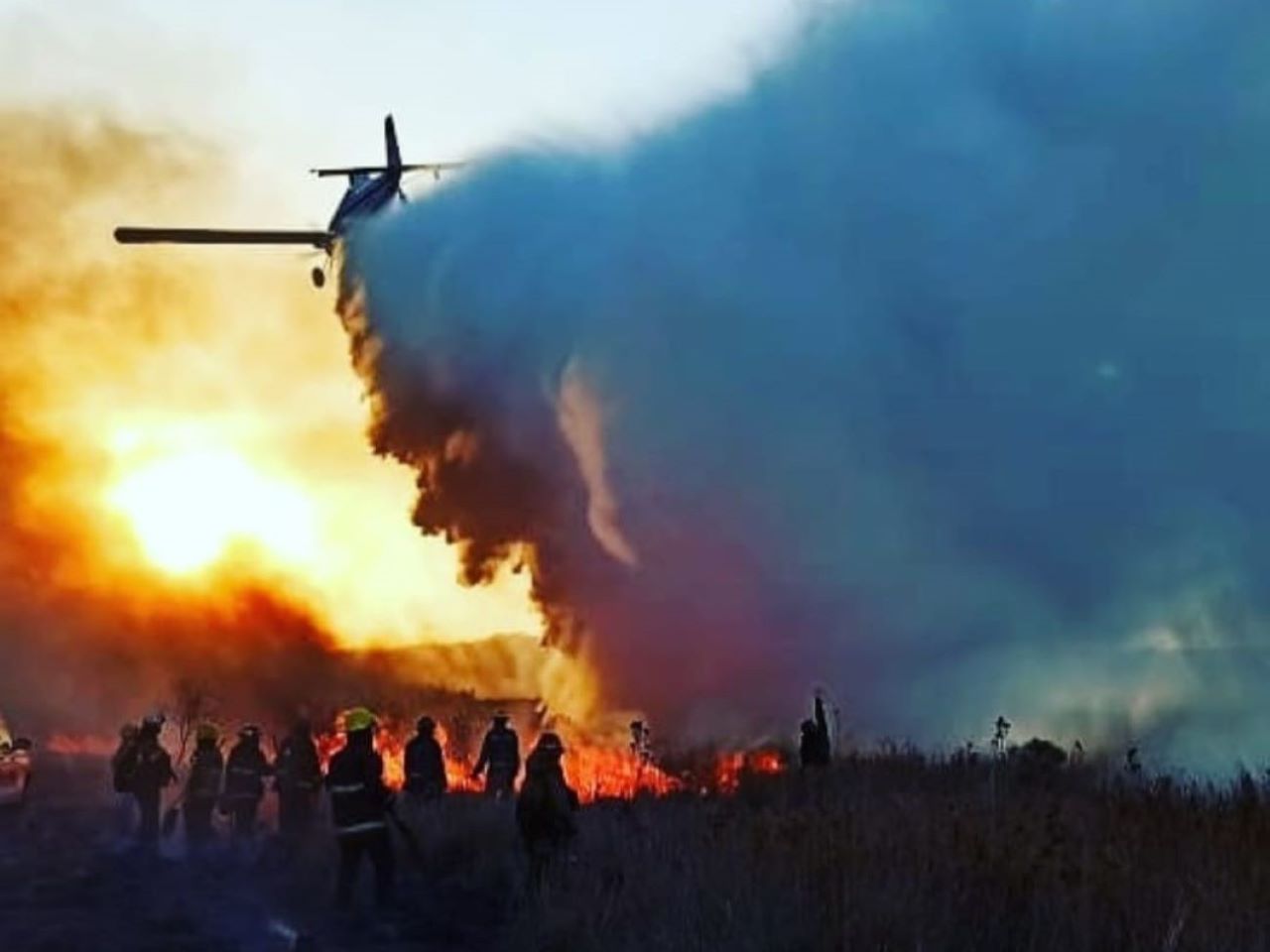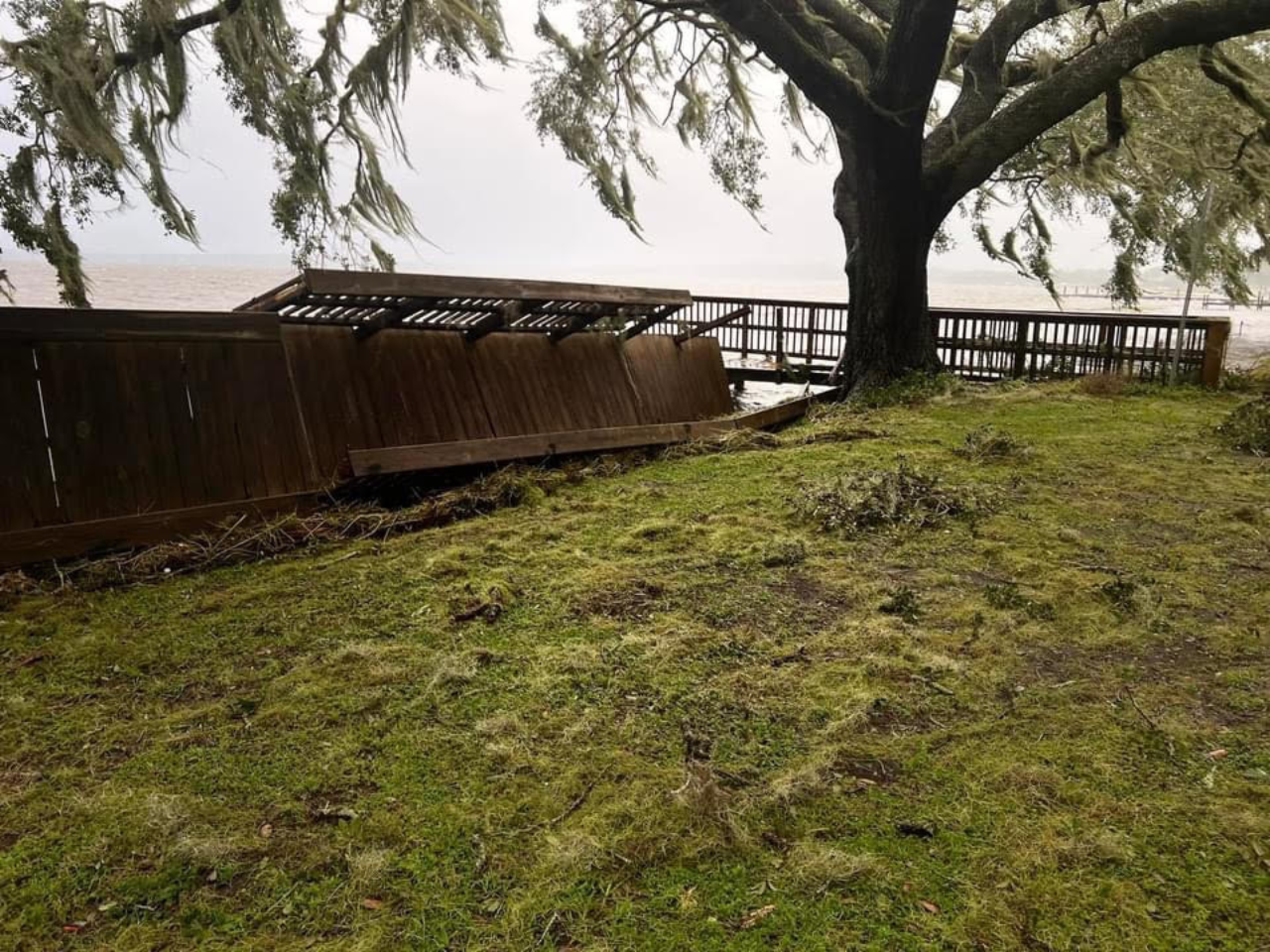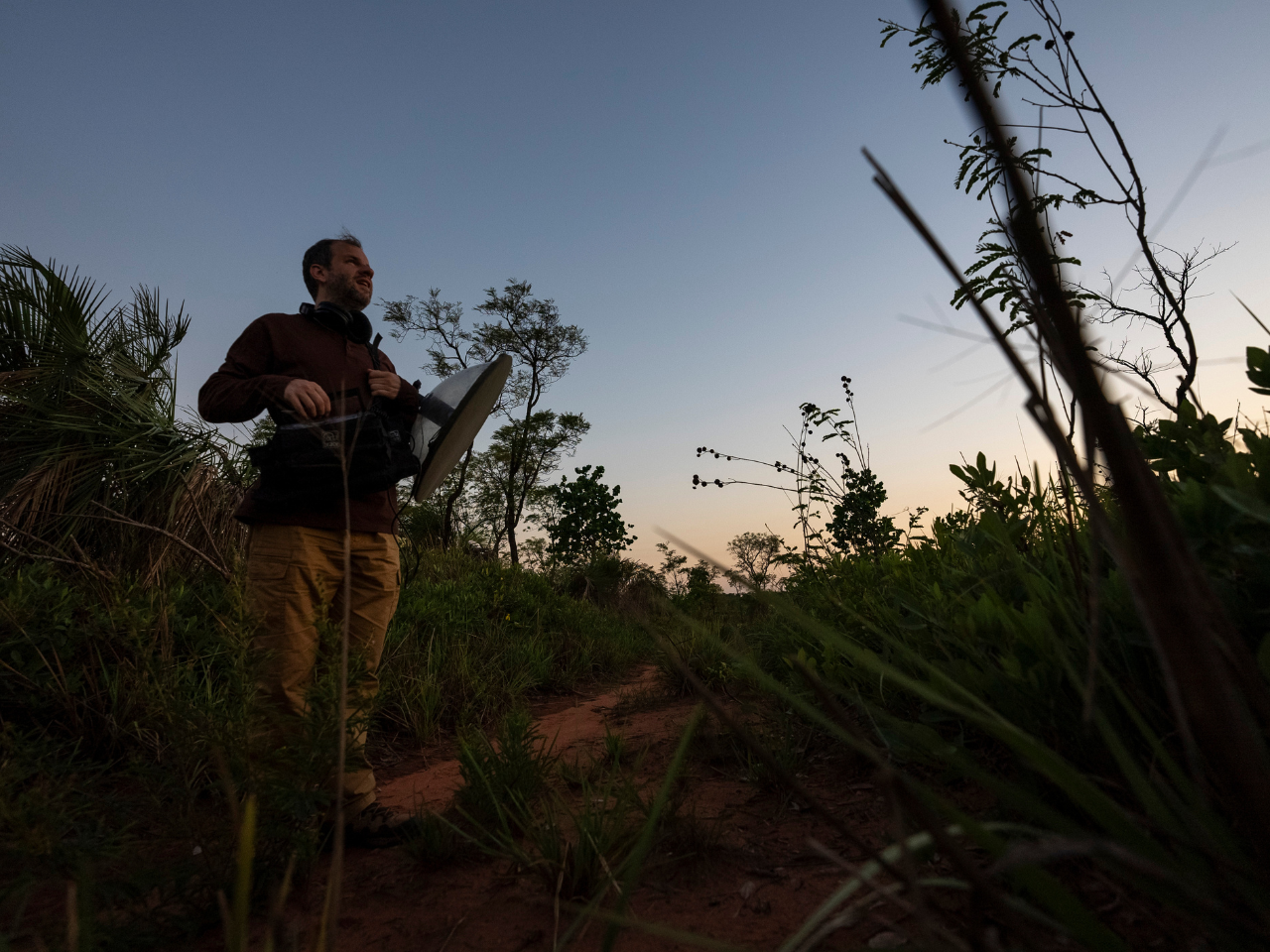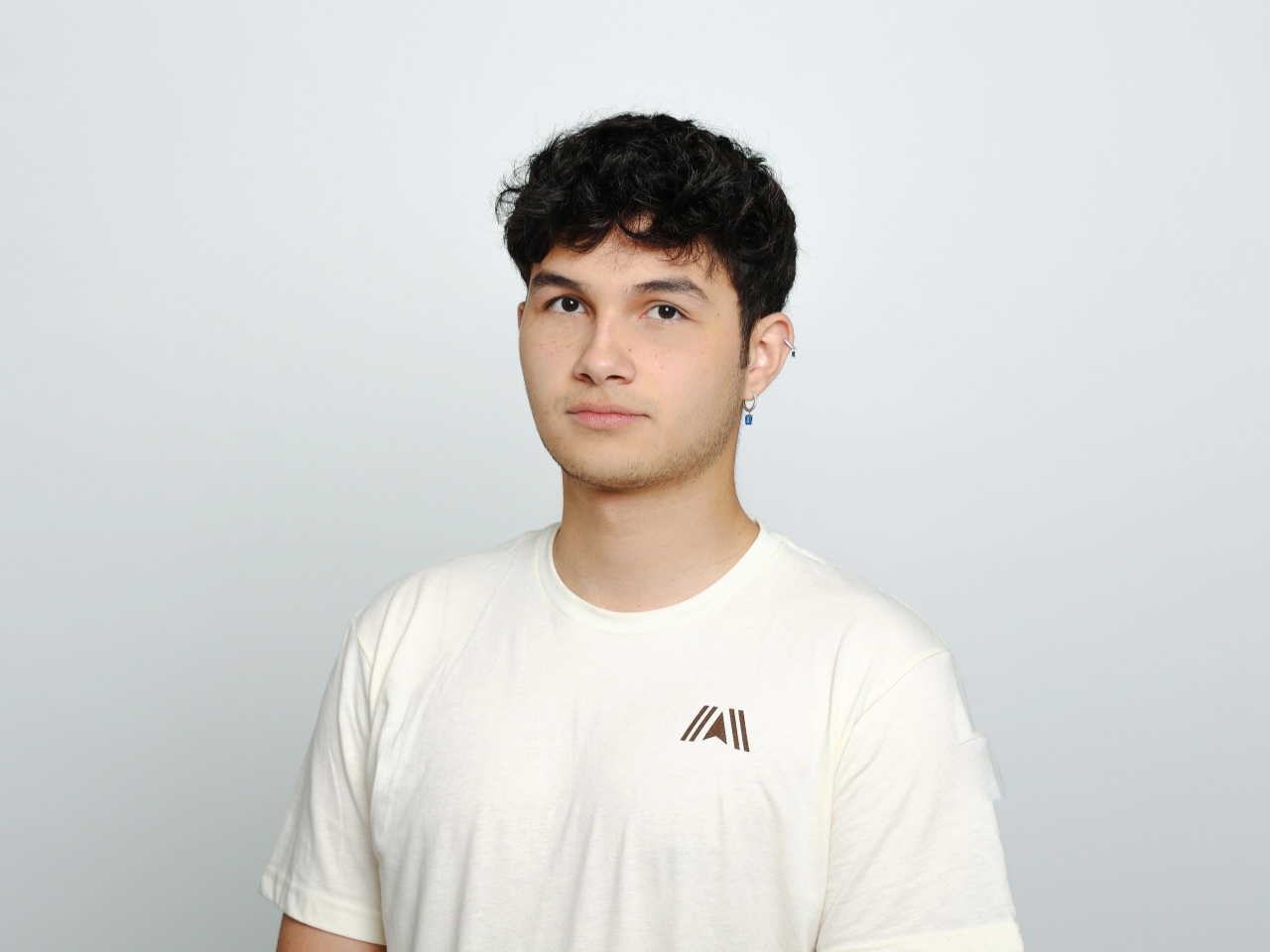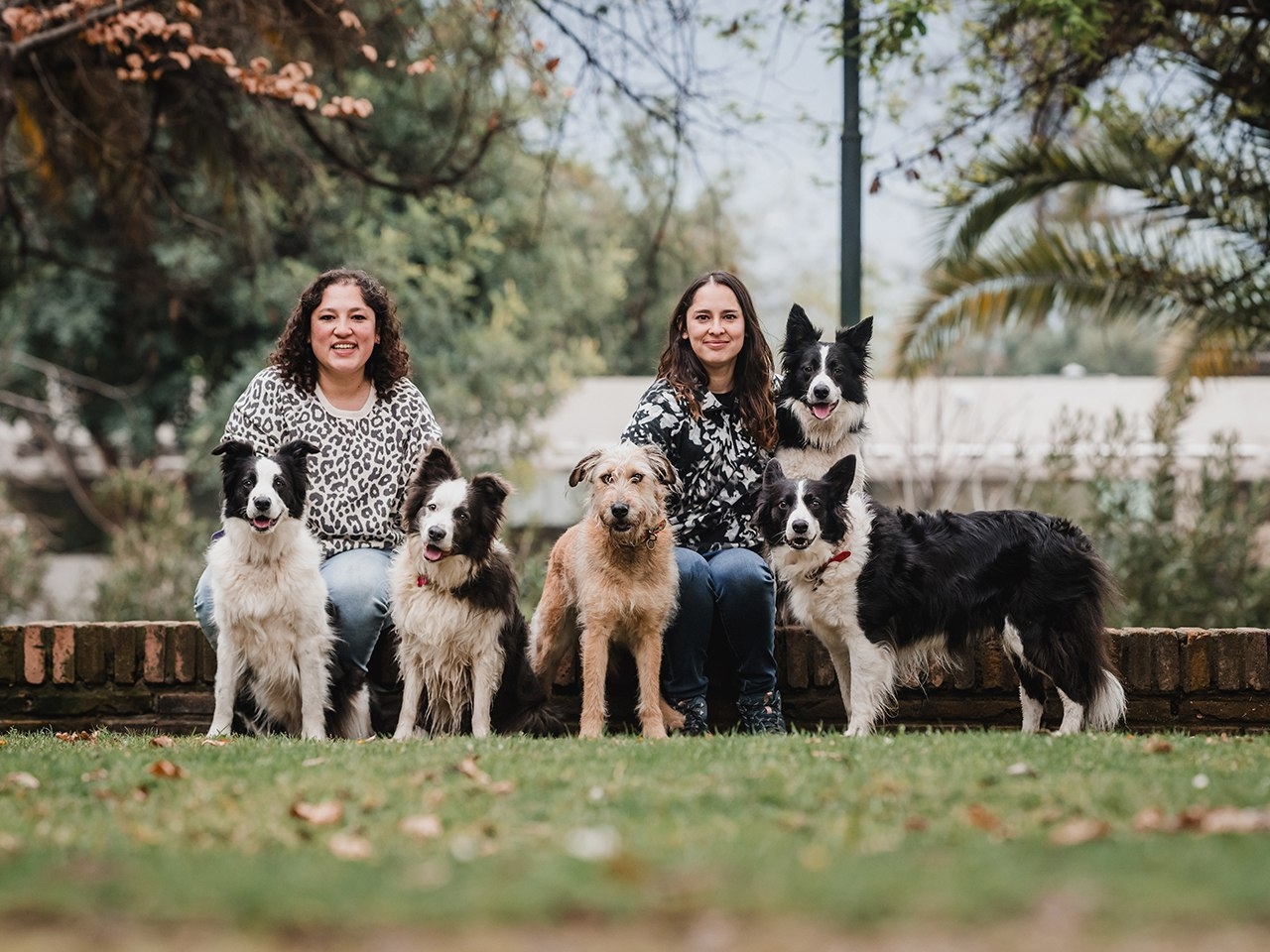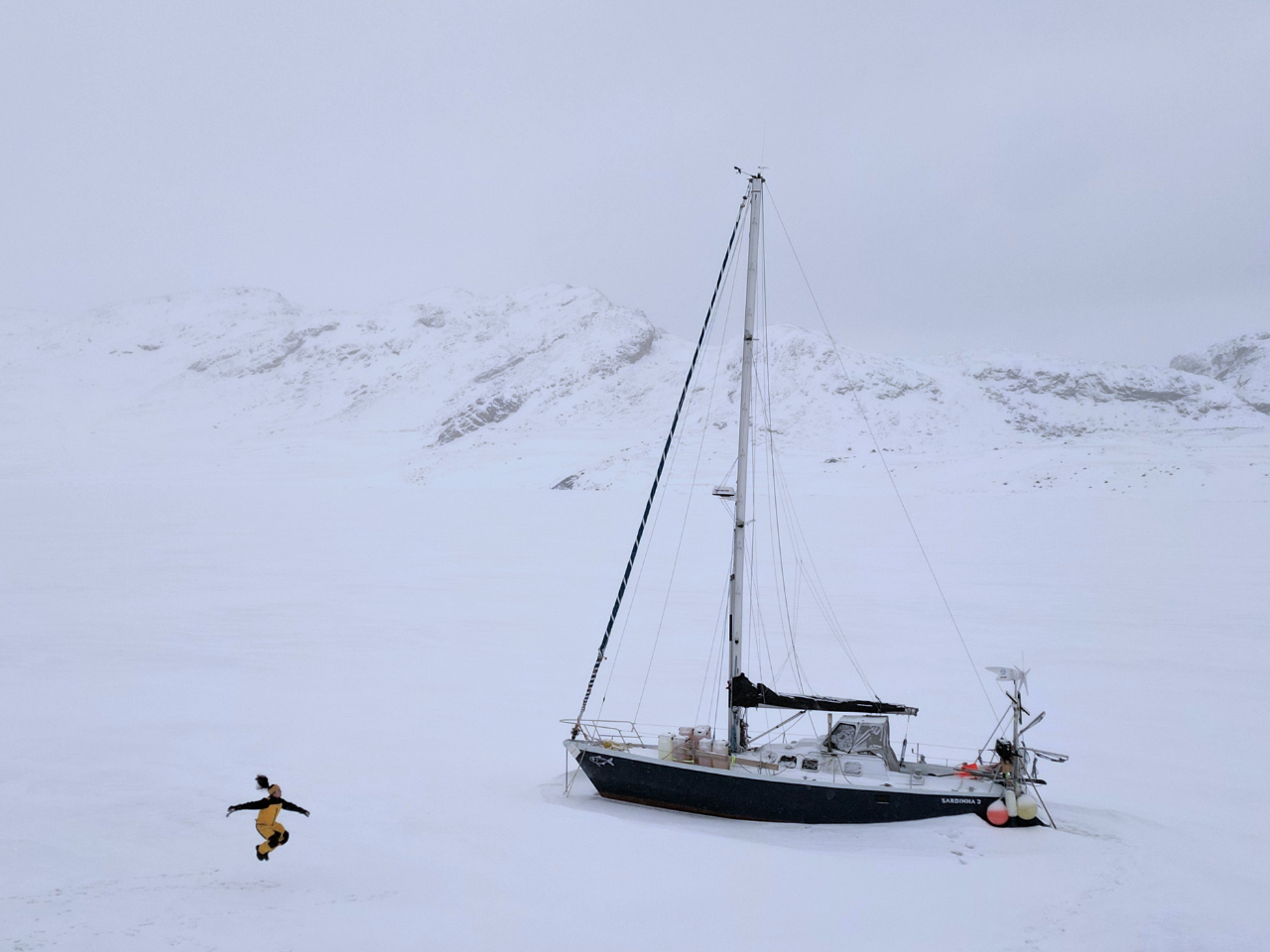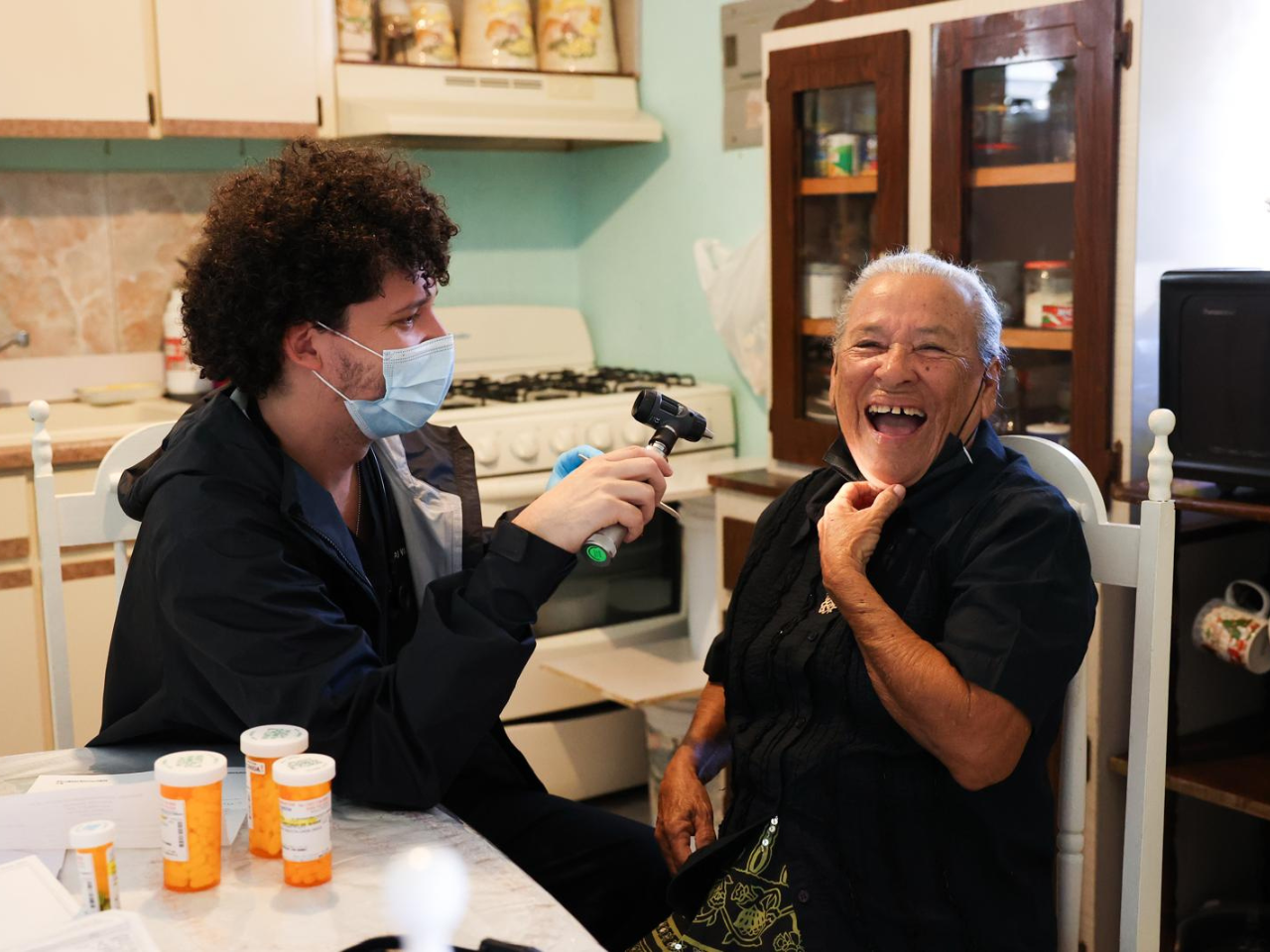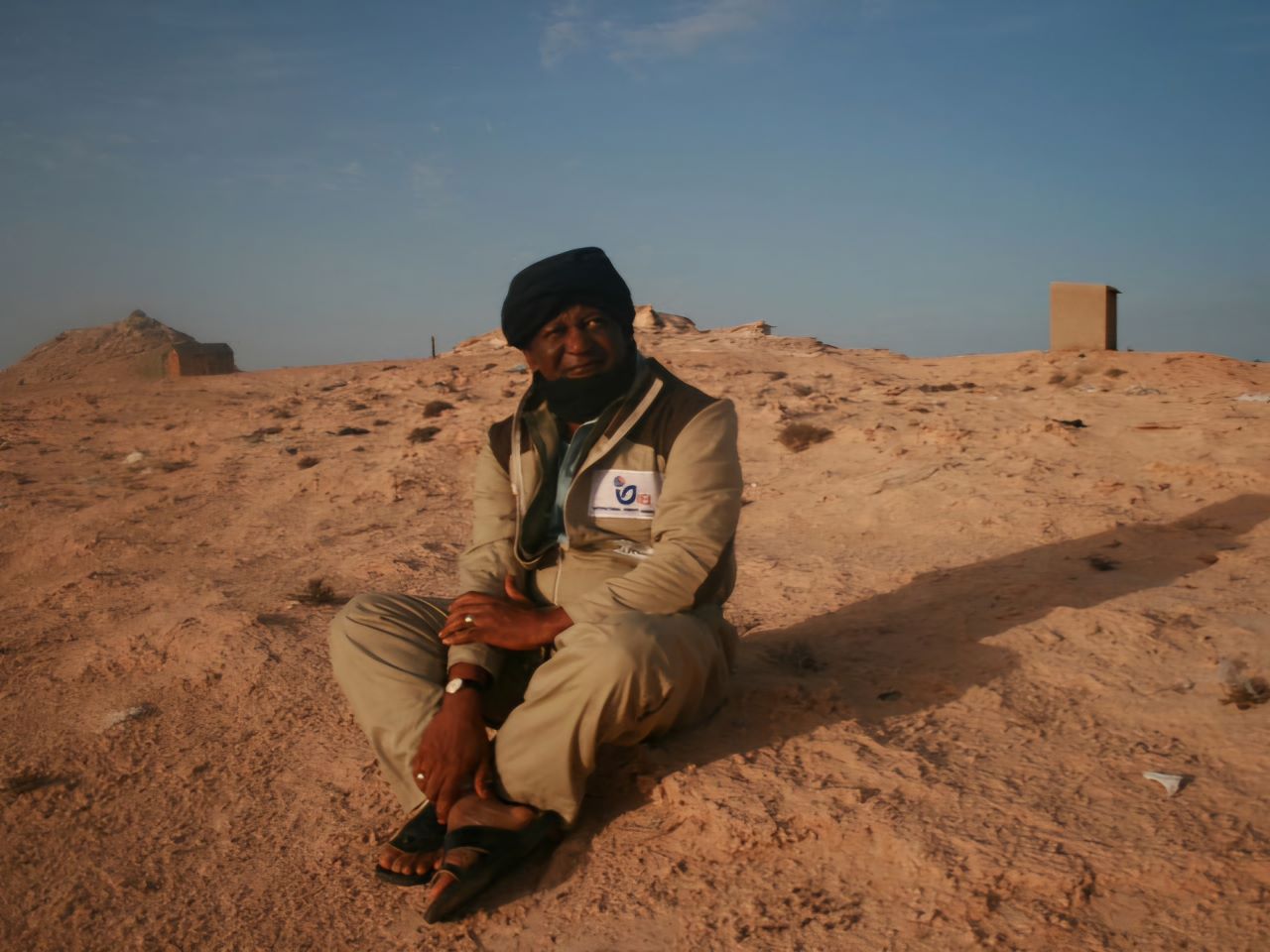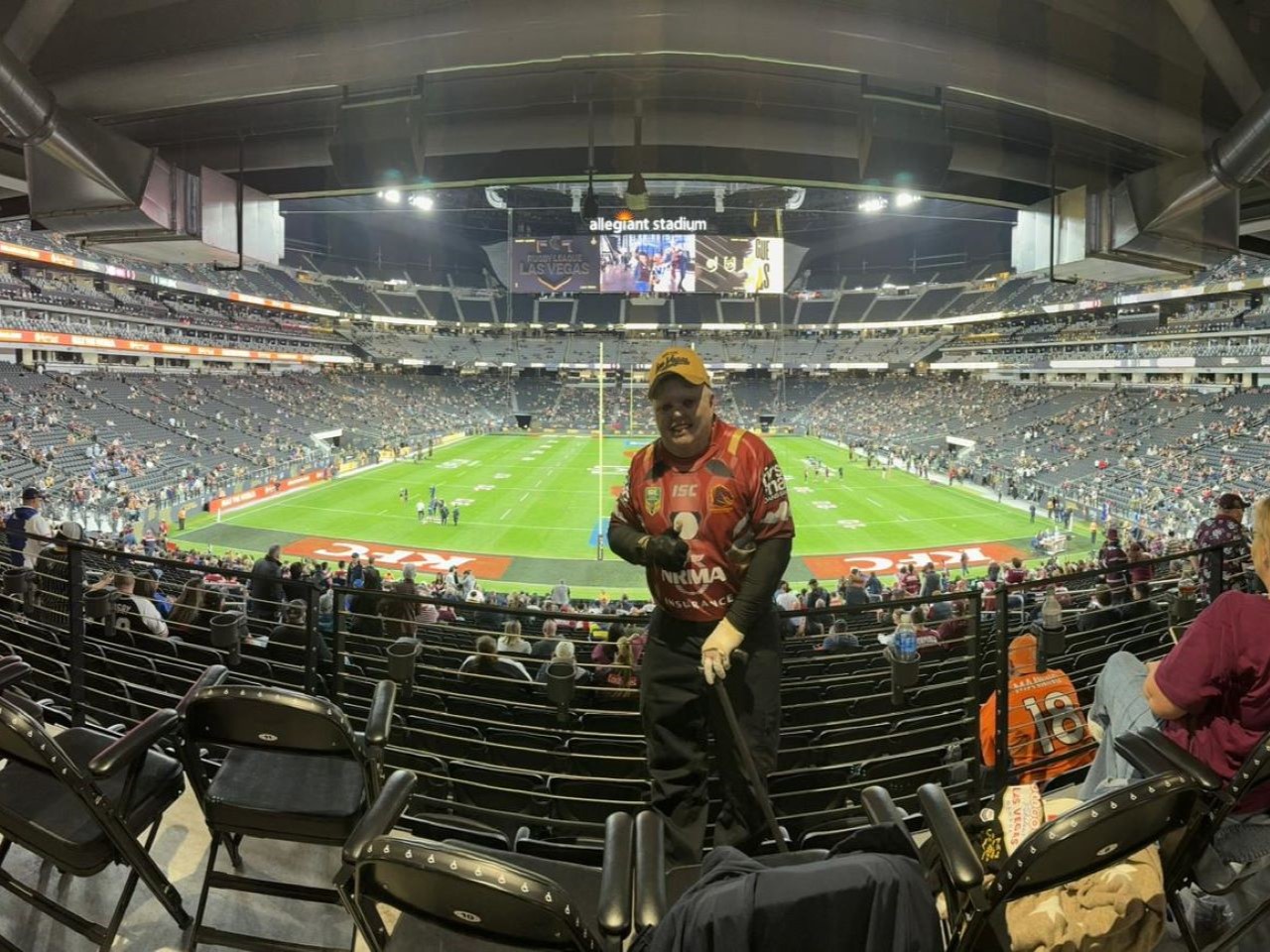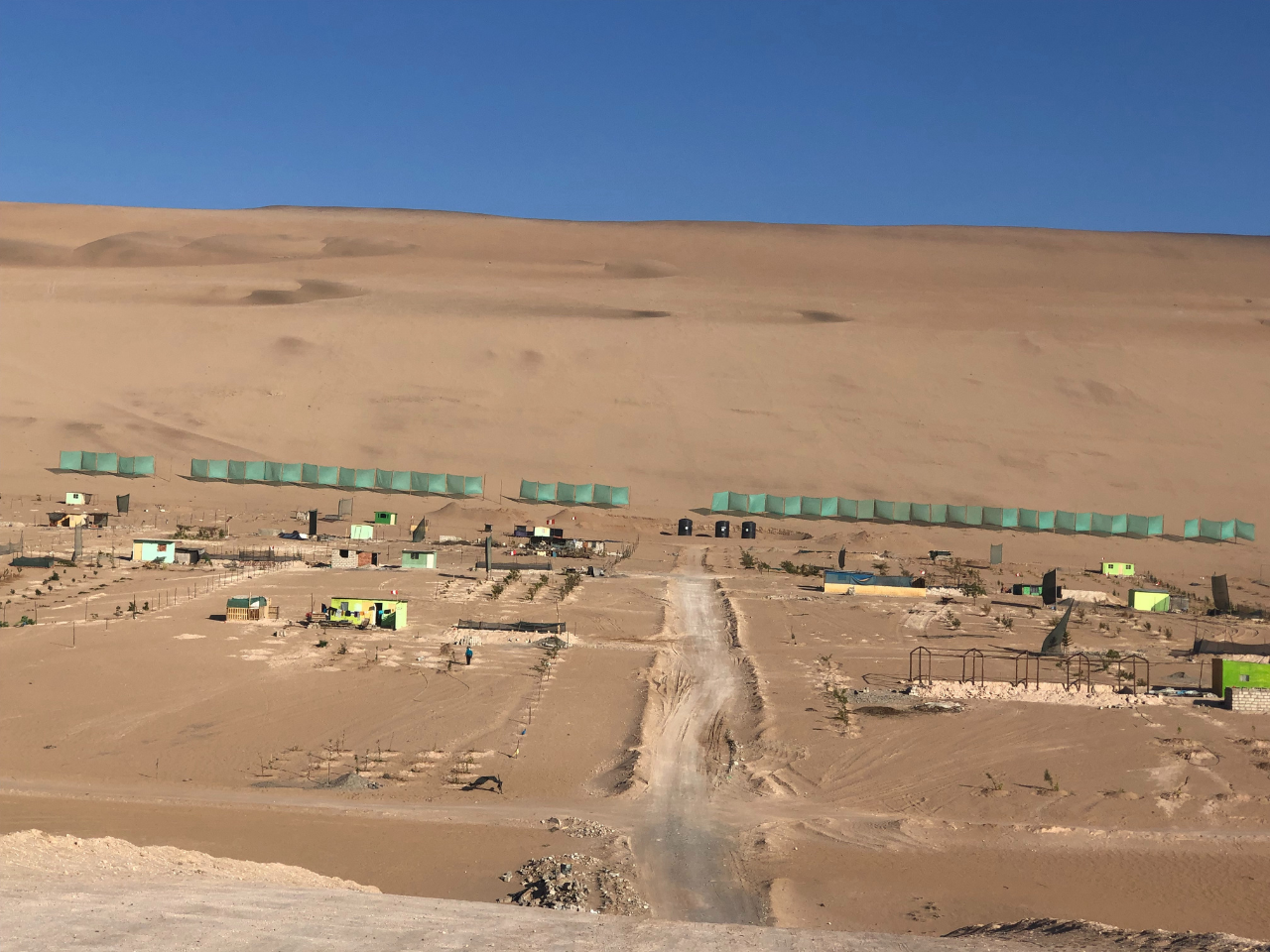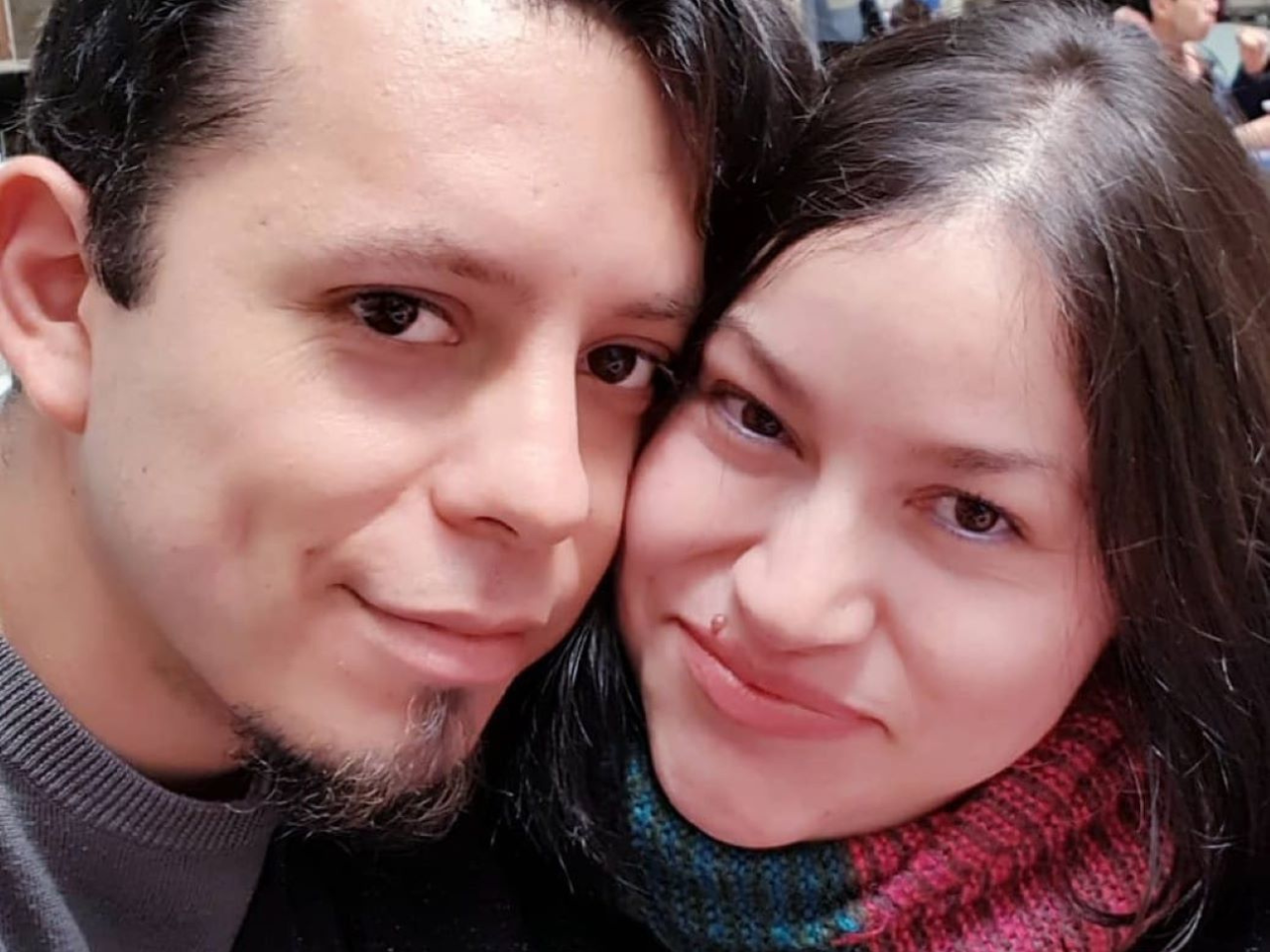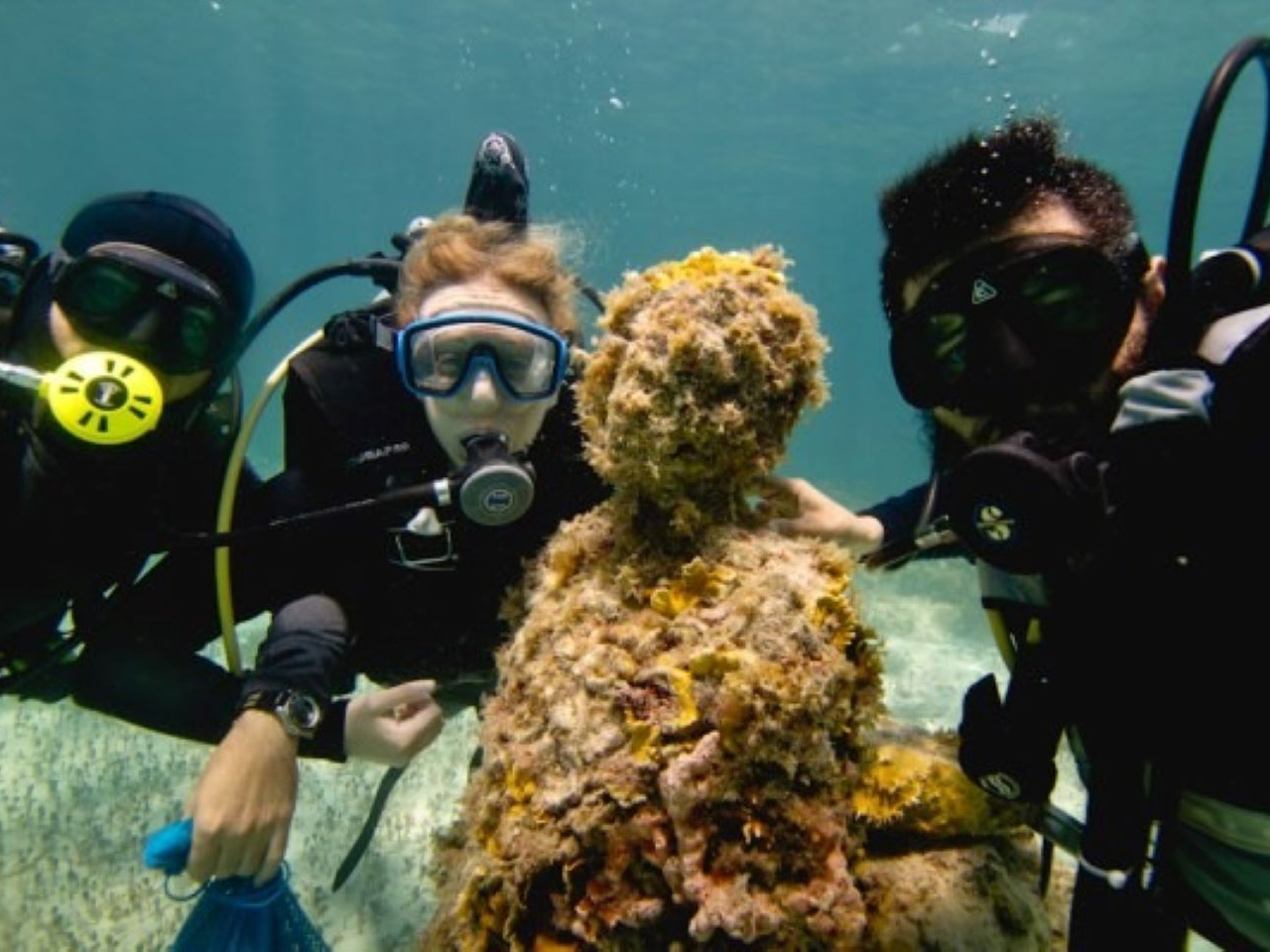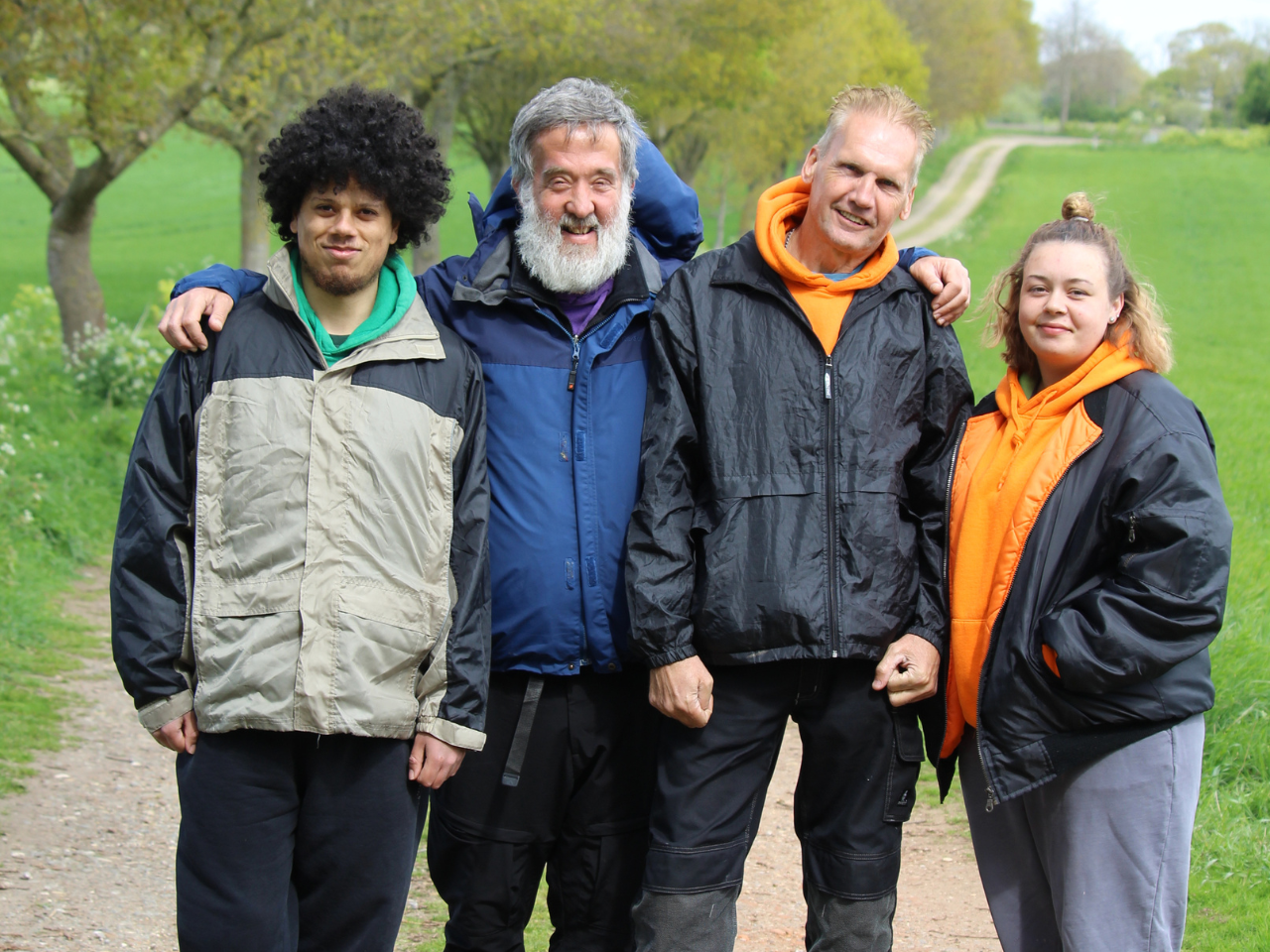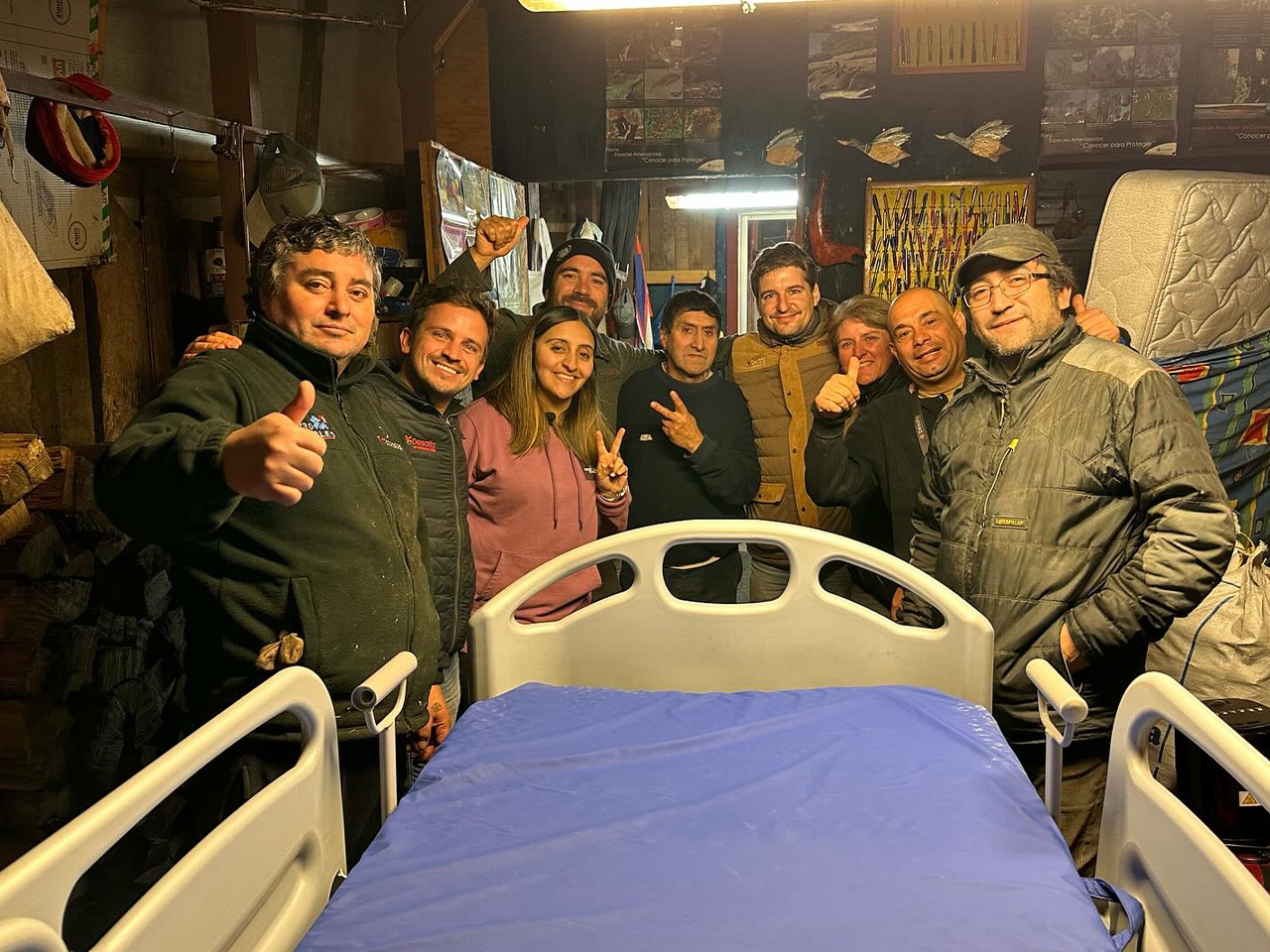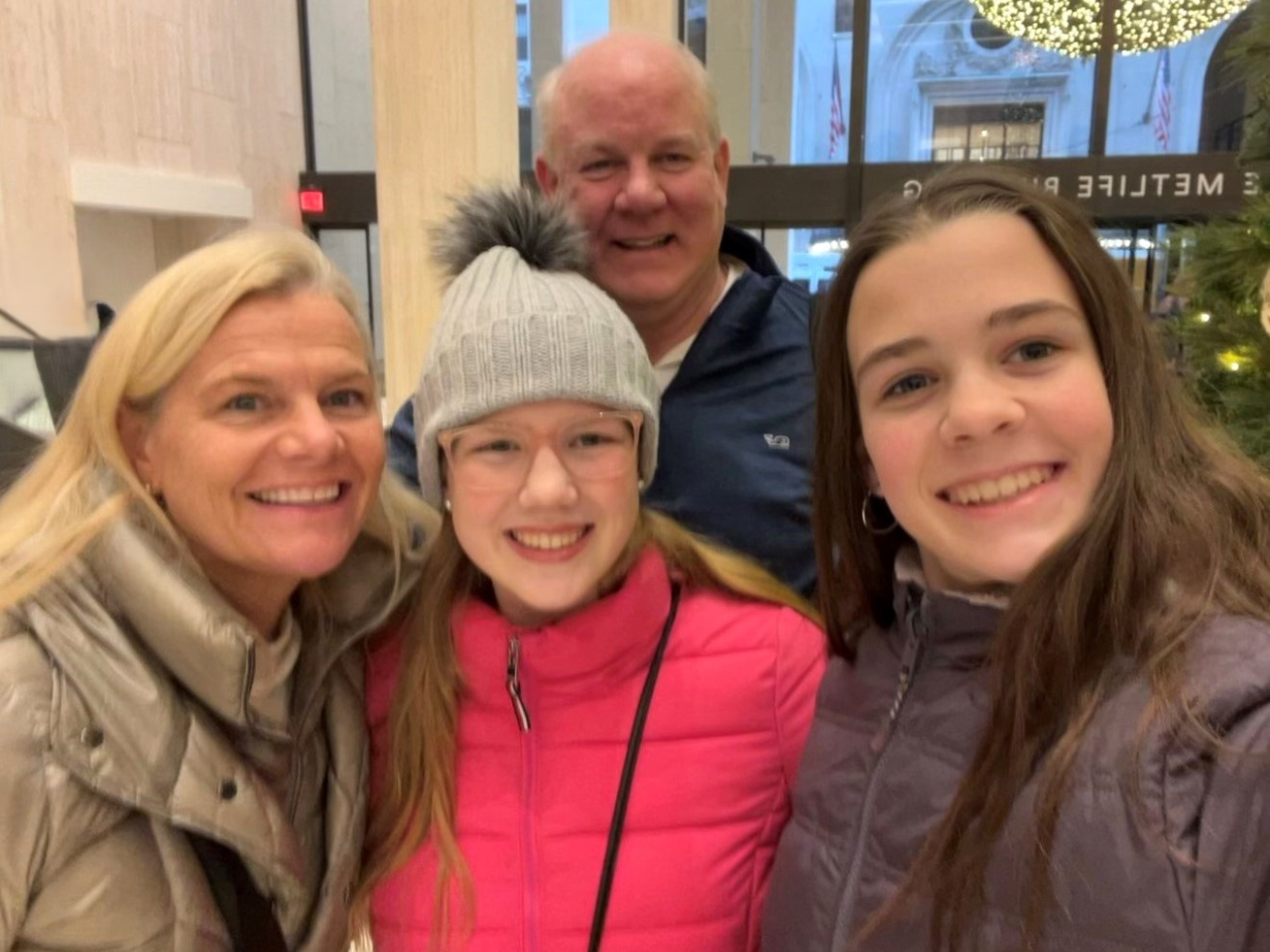The Argentine Chernobyl: residents plead for relief from pollution but find none
The first time I laid eyes on these babies, I felt like my heart would burst. Standing there in utter disbelief, I wondered how so few people knew what was really going on. The situation feels desperate, yet little is done to help. My anger flares when I think of all the people who continue to suffer living in the belly of this tannery.
- 2 years ago
August 30, 2023
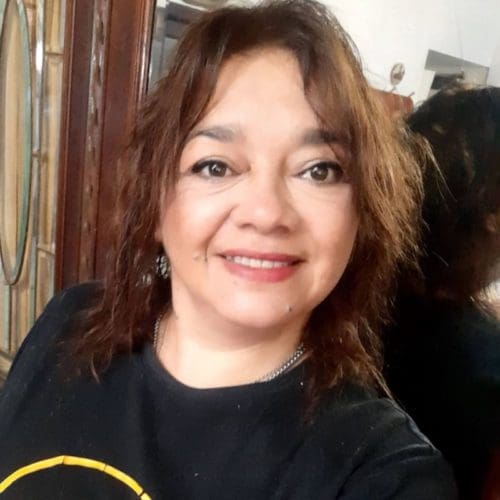
NONOGASTA, Argentina — As you approach Nonogasta, a town in the La Rioja region of Argentina, a strong, rotten smell overwhelms you. Even if you wore a blindfold, you would know you reached the area by the smell alone. In small towns like this, work remains scarce. Companies come in with the promise to provide income for families then operate with impunity. During my time in Nonogasta, I witnessed horrifying things that seemed more like science fiction than reality.
[Experts have documented a profound amount of pollution in Nonogasta, caused by a large tannery called Curtume CBR SA run by the Brazilian group Bom Retiro. Findings allege the government turns a blind eye.]
Read more environmental stories from Orato World Media.
My heart breaks for the babies born sick
In Nonogasta, many of the more than 12,000 inhabitants suffer from some kind of health disorder, believed to be the result of horrible pollution from the tannery. I witnessed babies who were born with all kinds of malformations. Mothers gave birth to children with two heads, no anus, no brain, or deformities of the hands, spine, and feet. These children suffer from cancers and severe problems of the kidneys, liver, and skin.
The first time I laid eyes on these babies, I felt like my heart would burst. Standing there in utter disbelief, I wondered how so few people knew what was really going on. The situation feels desperate, yet little is done to help. My anger flares when I think of all the people who continue to suffer living in the belly of this tannery.
My eyes settled upon an open ditch of waste sitting on an embankment. On rainy days the water carries the pollution to the river. In Argentina, Hazardous Waste Law No. 24051 indicates penalties of 10 to 25 years in prison for those who poison, adulterate, or contaminate in ways that are dangerous to health, soil, water, atmosphere, or the environment in general. Yet, none of these penalties materialize.
The people suffer the consequences while the leaders do as they please. Worse, the company seems to receive extra protection from the government to continue operating with no restrictions. Four kilometers of pools filled with waste sit nearby, as they treat the leather with fresh water from Cerro Famatina, plus kilos of chemicals like chromium, arsenic, paints, and sulfides. The filtration process passes through sand from pool to pool, and the final waste product contains chromium pollution far beyond the legal limits.
In Nonogasta, we beg for hel
For countless sleepless nights I hoped someone would do something. I feel baffled these crimes remain unpunished in Nonogasta. I am only one person, and I see how little these children’s lives mean in the face of profits. With cancer rates far about average, I see newborn children carrying cruel diseases in their bodies. I see a community devastated by chemicals.
Chromium, the agent used for leather tanning, not only affects the water, but also spreads with the wind that blows around the people like a cloud of death. As I visit houses in the neighborhood, I seem to find a cancer patient in every home. The heartbreaking reality crushes me and feels unbearable to witness.
We protest constantly, never backing down. Tears come to my eyes knowing our opposition remains a big and powerful company. As we stand up day after day, maimed and in pain, our chance of success seems slim. We beg to be heard as the toxic chemicals eat up everything around us.
My mind shouts, “How did we get here? Does anyone hear our cries?” While we persist in our fight, I hope others will join us and denounce the horrible actions taking place in Nonogasta. My fight includes a call to action: help us survive.




